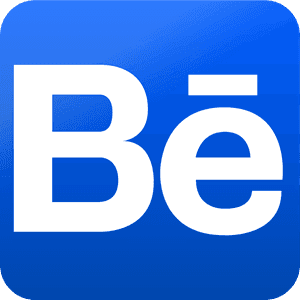Transforming Discovery for 2M+ Monthly Users at Simplilearn
The challenge: Simplilearn's homepage was failing its primary business function - converting organic traffic to course engagement. Despite serving 2 million monthly learners, new users had high bounce rates and poor conversion to program pages.
My Strategic Insight: While stakeholders assumed this was a visual design problem, my research uncovered the real issue: we were forcing 4 distinct user types (goal-oriented, course-oriented, role-oriented, and outcome-oriented) through a single, generic discovery experience that matched none of their mental models.
Category
Product & Design
My Role
UX/UI Designer
Team
1PM, 2UXD + Dev
What did I do?
Strategy
Research
Wireframes
High Fidelity Prototype
Quality Control & Execution
Old Design
New Design
Problem Statement
New and organic users landing on home page have larger bounce rate and less CTR to program page as most of the users are churning out without accessing any program.
Hypothesis: This may be a cause of expectation miss-match and discoverability issue.
Business Goals:
Increase traffic to lead ratio.
UX Goals:
1. Increase user engagement on Homepage.
2. Reduce the bounce rate on Homepage.
3. Eventually increase the CTR to $$ page.
Research
Objectives:
Who are the new users coming to Simplilearn website?
How are they interacting with the page?
What is their intent and expectations?
Results
There were 4 different types of audience behaviour observed:
Goal Oriented
As an IT Engineer/Graduate/Associate, I want to be Industry ready/get certification/learn new technology for better profile/high pay-out/good job
Course Oriented
I am looking for Cyber Security/Data Science/ AI and ML Course from Caltech/Purdue/IIT Kanpur
Role Oriented
I want to be in a higher role/Data Scientist/Project Manager hence want to learn from Data Science/Cyber Security/Project Management
Outcome Oriented
Caltech/Purdue/IIT Kanpur University Certificate for Cyber Security/Data Science/Project Manager is popular
How might we?
Make the Discovery of programs easier as per user’s mental model.
Build better trust to achieve confidence over competitors.
Try to deliver user stories to match user needs.
Solutions implemented
1
Here the content was made more relatable by using images and impactful keywords that connect with users, boosting user trust and confidence.
2
To cater to both outcome-driven and course-focused audiences, we adopted a more intuitive course search and discovery process. This involved clearly differentiating categories and universities for a smoother user experience.
3
Adjusting the layout and incorporating a clear "Learn More" CTA for courses users are interested in helped reduce bounce rates and improve course discoverability.
4
For role-oriented users, we tailored programs and user stories to match their needs for a more personalized experience.
*
Apart from this, geo-specific optimization improved course discovery by showcasing popular programs based on location, highlighting local university options, user stories, and reviews from nearby learners to boost relevance and trust.
Initial Results
More than 20% engagement observed in 1 month.






















